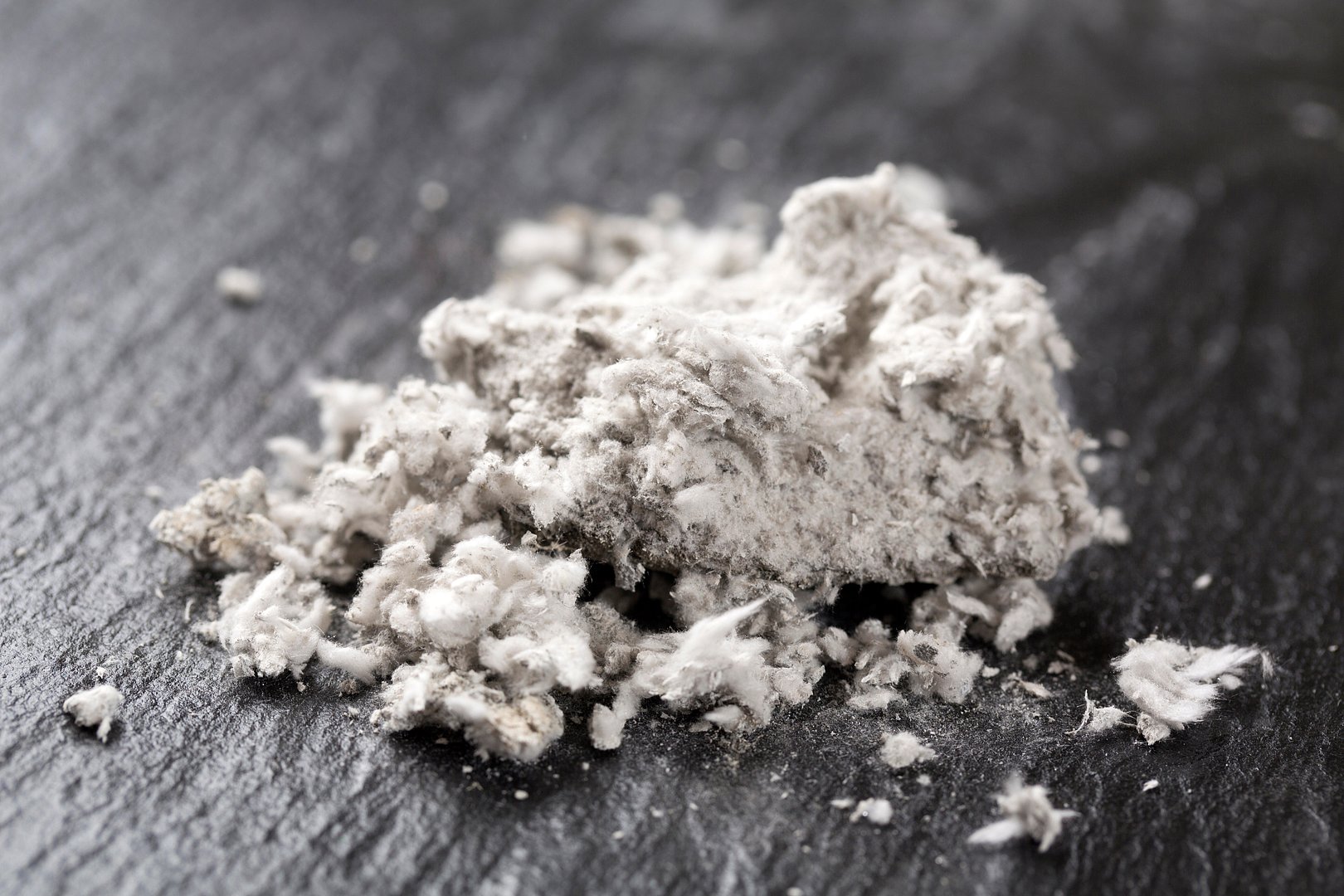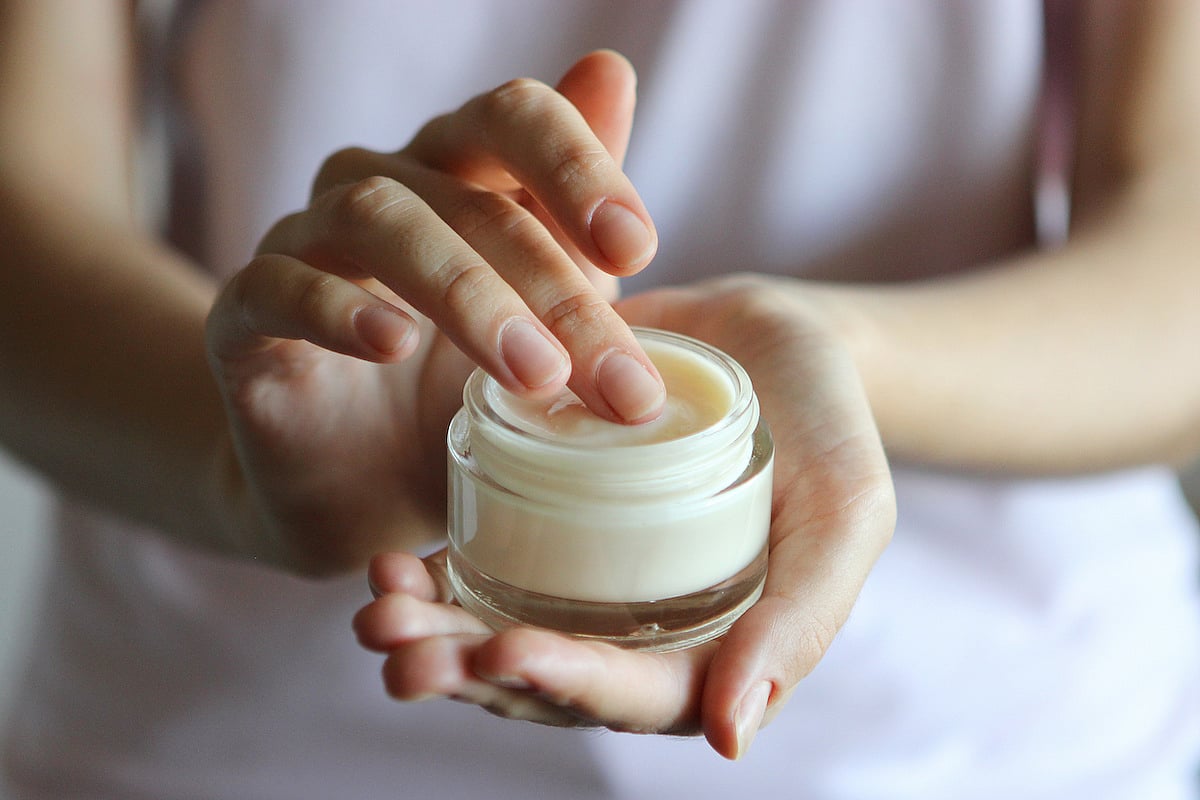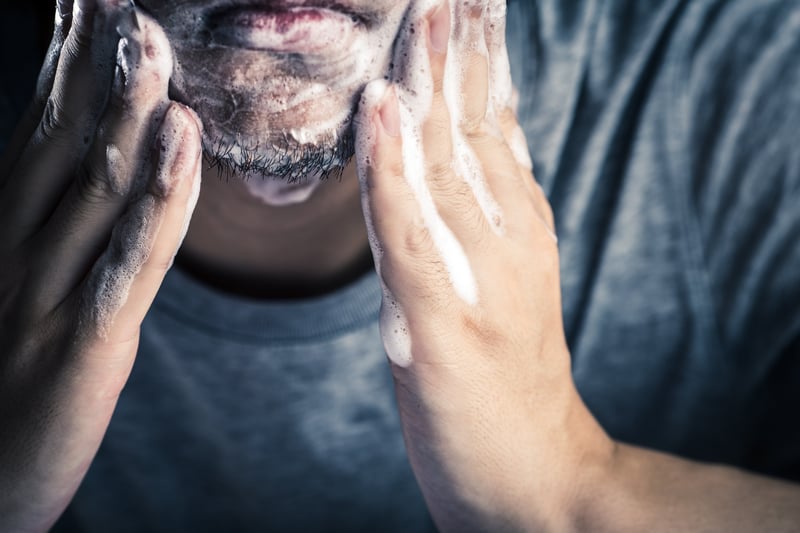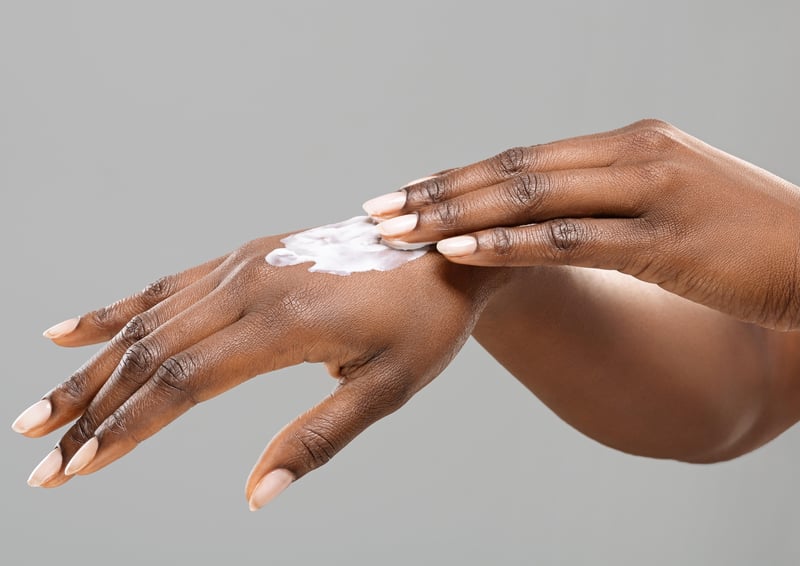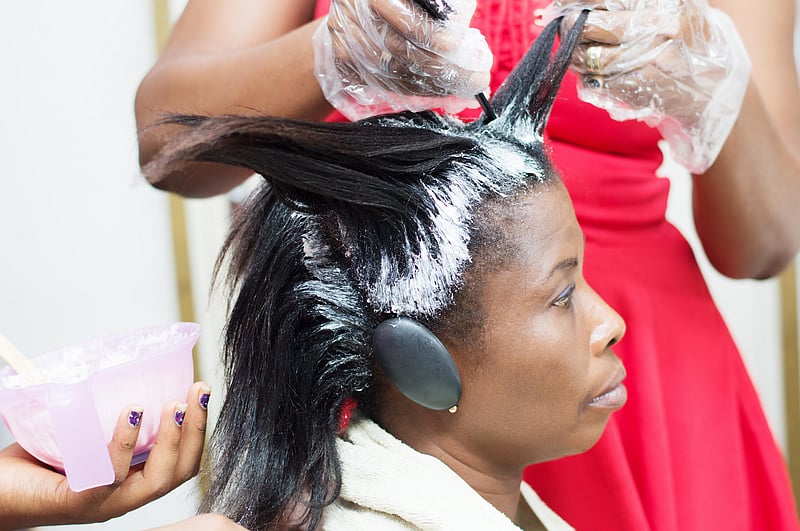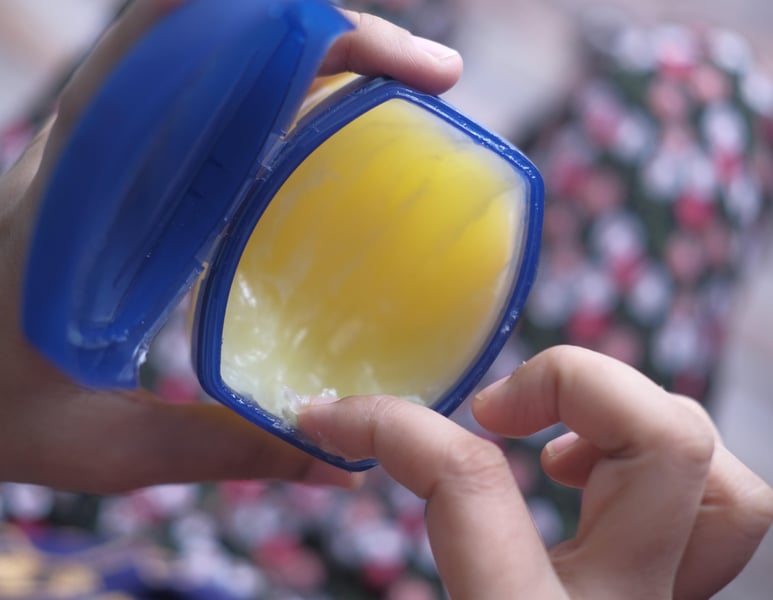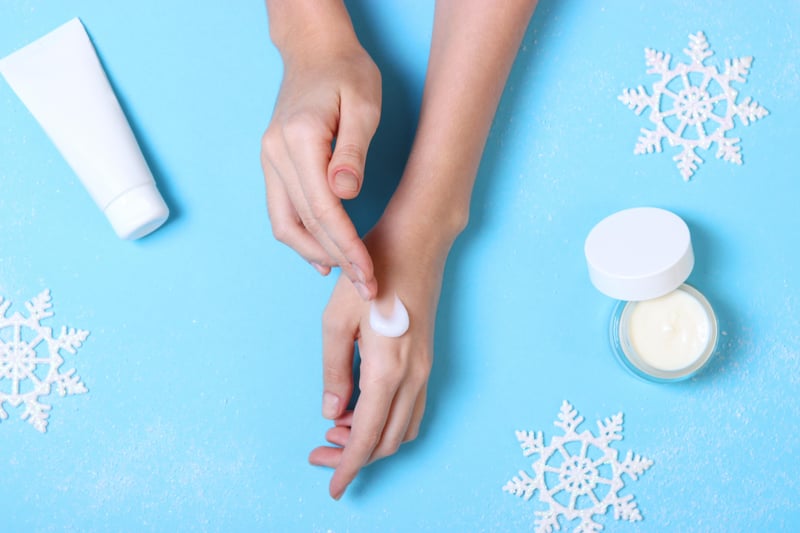Get Healthy!
17 Results for search "Cosmetics".
Health News Results - 17
Eczema can be maddening, causing thick, scaly patches of dry skin that itch like the devil.
There’s no cure for the skin condition, but a new study shows that self-guided talk therapy can help a person deal with the itching.
Online self-guided cognitive behavioral therapy (CBT) that t...
- Dennis Thompson HealthDay Reporter
- |
- January 2, 2025
- |
- Full Page
The U.S. Food and Drug Administration (FDA) has proposed a new rule to require standardized testing of talc-containing cosmetics for asbestos, a known carcinogen linked to serious illnesses such as lung and ovarian cancers.
According to an FDA
Women who won't leave the house without makeup or a spritz of hairspray may want to think twice about those habits when they're pregnant or breastfeeding.
New research links these and other personal care products, including hair dyes, fragrances, lotions, moisturizers and nail polishes to higher levels of so-called PFAS "forever chemicals" that are harmful to health.
Researche...
- Carole Tanzer Miller HealthDay Reporter
- |
- November 19, 2024
- |
- Full Page
Most folks know that a good sunscreen can guard against the sun's harmful rays, but many might not realize that some medications and creams can undo some of that protection.
“There are multiple reasons we should be mindful of excessive sun exposure aside from skin cancer, although that’s certainly important,†said Dr...
- Robin Foster HealthDay Reporter
- |
- August 10, 2024
- |
- Full Page
The U.S. Food and Drug Administration has proposed a ban on the use of formaldehyde in hair relaxers over concerns about its link to respiratory problems and certain cancers.
Right now, the FDA only discourages u...
- Cara Murez HealthDay Reporter
- |
- October 18, 2023
- |
- Full Page
Men's use of personal care products has almost doubled since 2004, exposing them to some potentially harmful chemicals, a new study commissioned by the Environmental Working Group (EWG) finds.
Overall, the average American adult uses 12 personal care products a day that contain as many as 112 chemical ingredients. That's a change from the previous average of nine products with 126 unique...
- Sarah D. Collins HealthDay Reporter
- |
- July 26, 2023
- |
- Full Page
Using skin lightening products can be dangerous without a doctor's supervision because they may contain harmful ingredients.
Still, nearly a quarter of people in a recent survey said they used the products not for a medical issue, but for overall skin lightening. It's an issue that relates back to colorism, the system of inequality that considers lighter skin more beautiful, researchers s...
- Cara Murez HealthDay Reporter
- |
- July 17, 2023
- |
- Full Page
When thinking of people in high-risk jobs, hairdressers and beauticians don't immediately come to mind.
But cosmetologists have a much greater chance of developing ovarian cancer than the average woman, a new study reports.
Specifically, working for a decade or more as a hairdresser, barber or beautician is associated with a threefold higher risk of ovarian cancer, according to a re...
- Dennis Thompson HealthDay Reporter
- |
- July 11, 2023
- |
- Full Page
Women who regularly use chemical hair straighteners may be more prone to developing uterine cancer, a new large government study suggests.
The study, which followed nearly 34,000 U.S. women over a decade, found that those who frequently used hair straighteners were 2.5 times more likely to de...
- Amy Norton HealthDay Reporter
- |
- October 20, 2022
- |
- Full Page
Skin lightening products can be dangerous for consumers when they contain harmful ingredients that are illegal for over-the-counter sales, the U.S. Food and Drug Administration warned Wednesday.
The potentially harmful ingredient...
- By Cara Murez HealthDay Reporter
- |
- September 1, 2022
- |
- Full Page
Phthalates, chemicals that are typically used to strengthen plastics, are in millions of products people use every day, but a new analysis confirms their link to a higher risk for preterm births.
The largest study to date o...
- By Ellie Quinlan Houghtaling HealthDay Reporter
- |
- July 14, 2022
- |
- Full Page
Twelve companies have been issued warning letters about selling over-the-counter skin lightening products containing hydroquinone, the U.S. Food and Drug Administration announced Tuesday.
The products are unapproved drugs that are not recognized as safe and effective, according to
Pregnant women who use hair dyes or straighteners may have relatively lower levels of pregnancy-supporting hormones, a recent study suggests.
Researchers found that among more than 1,000 pregnant women they followed, those who used certain hair products -- dyes, bleaches, relaxers or mous...
- Amy Norton HealthDay Reporter
- |
- December 17, 2021
- |
- Full Page
When hair sprouts where you don't want it, you can always shave, but other ways to remove unwanted body hair can last longer.
The downside: Chemical hair removers can cause burning, itching or redness.
"Hair removal creams, lotions and gels are quick and easy to use, but they can sometimes irritate the skin," dermatologist Dr. Andrea Mabry said in an American Academy of Dermatology ...
- |
- September 19, 2021
- |
- Full Page
You've just bought a new skin care product and you're excited to see how it might transform your look. Instead, you end up with red, itchy or swollen patches because one of the ingredients causes an allergic reaction.
The best way to avoid this problem while trying something new is to test it on several small areas of your skin first to determine whether it's likely to irritate you, acco...
- |
- August 28, 2021
- |
- Full Page

